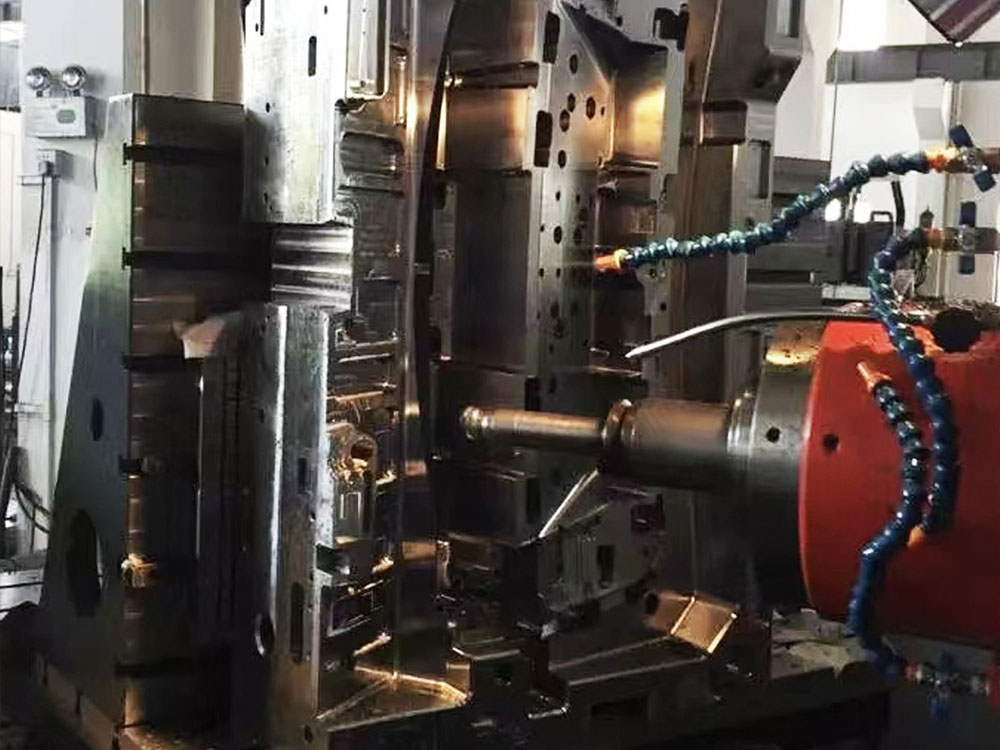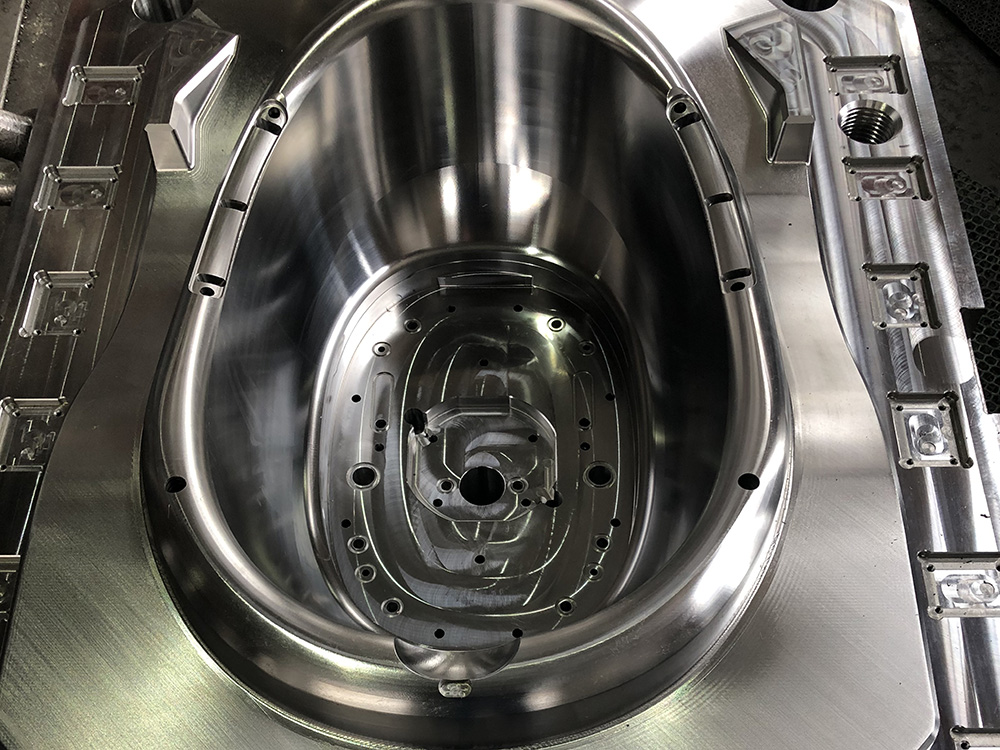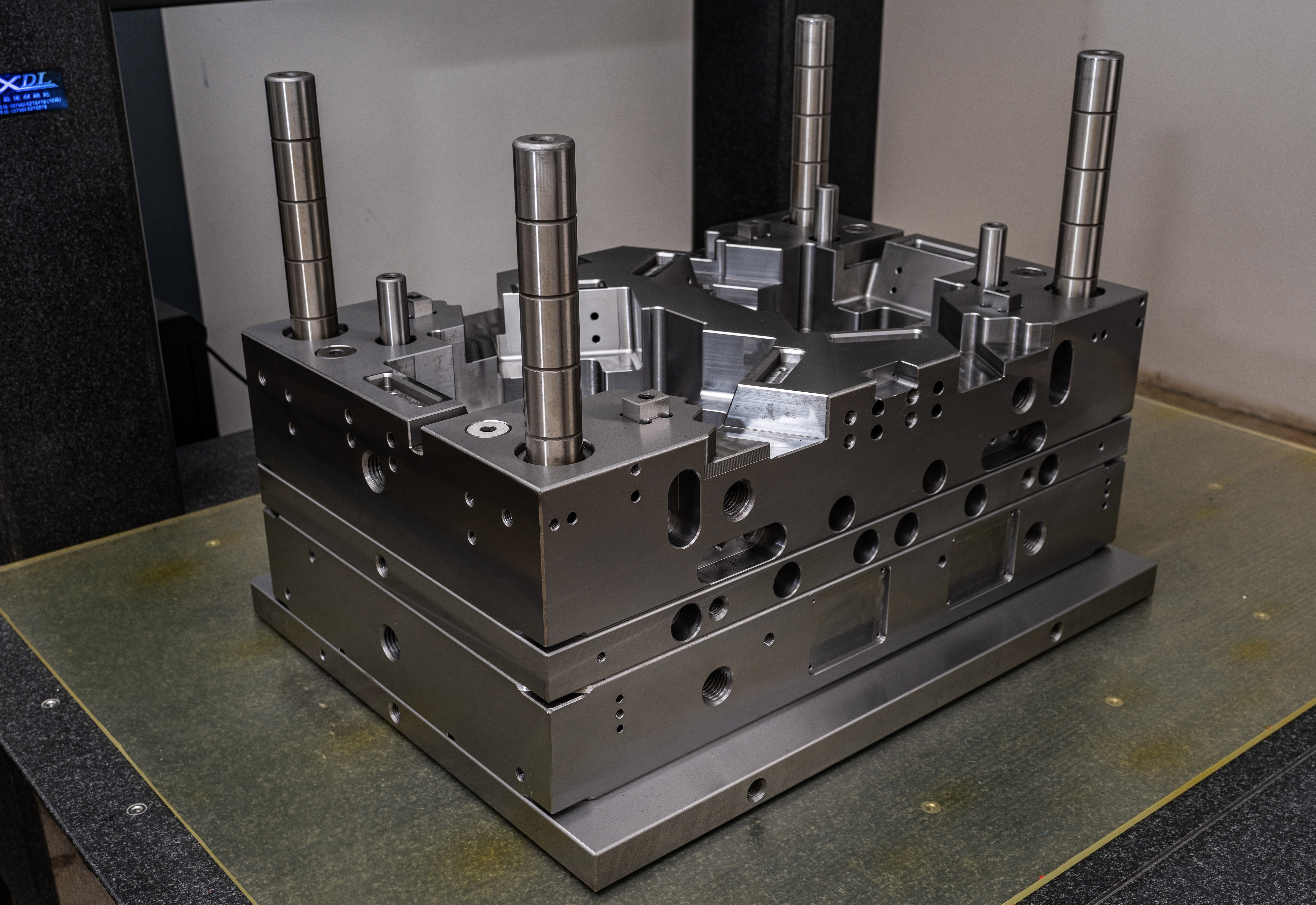What is a template framework in the Mold Base industry?
A template framework in the Mold Base industry refers to a standardized set of components and designs that are used as a basis for creating mold bases. Mold bases are an essential part of the mold manufacturing process, as they provide a solid foundation for building molds for various industries such as automotive, electronics, and consumer goods.
The Importance of Template Frameworks
Template frameworks are crucial in the mold base industry due to their ability to streamline the mold design and manufacturing process. By using pre-designed templates, manufacturers can save time and effort in creating molds from scratch. These frameworks include various standardized components such as ejector pin holes, guide pin holes, support pillars, and cooling channels. They provide a consistent and efficient method for building molds, ensuring accuracy, and reducing errors in the final product.
Advantages of Using Template Frameworks
There are several advantages to using template frameworks in the Mold Base industry:
- Time and Cost Savings: By utilizing pre-designed templates, manufacturers can significantly reduce the time and cost involved in mold base design and manufacturing. Templates eliminate the need for repetitive design work and allow for faster production cycles.
- Consistency: Template frameworks provide a uniform approach to mold base design and manufacturing. This ensures consistency in the overall quality and performance of the molds produced.
- Increased Accuracy: Templates are designed with precision, ensuring that critical components such as ejector pins, guide pins, and cooling channels are accurately positioned. This enhances the overall functionality and reliability of the molds.
- Flexibility: While template frameworks provide standardized designs, they also offer customization options. Manufacturers can modify the templates to meet specific requirements and accommodate unique design features.
- Knowledge Transfer: Template frameworks facilitate knowledge transfer within the industry. Manufacturers can share and exchange templates, best practices, and design techniques, promoting collaboration and continuous improvement.
Challenges and Limitations
Although template frameworks offer numerous benefits, there are some challenges and limitations associated with their use:
- Limited Design Freedom: The use of templates restricts the freedom of mold designers, as they have to adhere to predefined designs and dimensions. This may limit creativity or the ability to accommodate complex mold designs.
- Compatibility: Template frameworks need to be compatible with the software and machinery used by the manufacturer. Compatibility issues may arise if the templates are not designed to work seamlessly within the existing infrastructure.
- Standardization: Template frameworks require standardization across the industry to ensure compatibility and exchangeability. Lack of standardization can lead to inconsistencies and limited adoption of template frameworks.
- Updated Technology: Template frameworks need to keep pace with evolving technologies in the mold base industry. Manufacturers must continuously update and improve their templates to incorporate the latest design trends and manufacturing techniques.
Conclusion
In the competitive Mold Base industry, template frameworks play a significant role in enhancing efficiency, accuracy, and cost-effectiveness. By leveraging pre-designed templates, manufacturers can save time, reduce errors, and deliver high-quality molds to their customers. Template frameworks promote standardization, knowledge sharing, and collaboration within the industry, driving continuous improvement and innovation. However, manufacturers must also consider the challenges and limitations of using templates to ensure their compatibility, flexibility, and adherence to evolving technological advancements.




